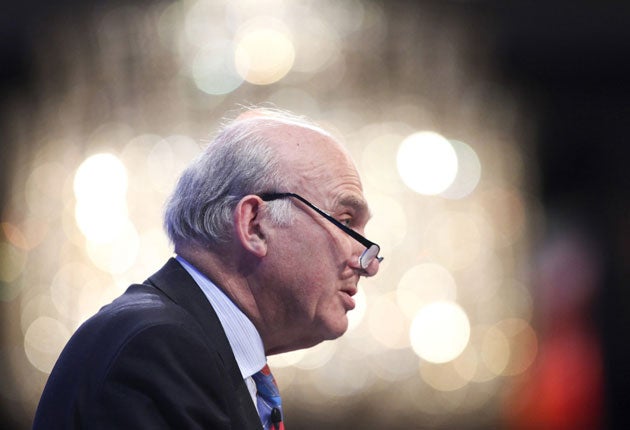New flat-rate pension would see payments raised by £40 a week

Your support helps us to tell the story
From reproductive rights to climate change to Big Tech, The Independent is on the ground when the story is developing. Whether it's investigating the financials of Elon Musk's pro-Trump PAC or producing our latest documentary, 'The A Word', which shines a light on the American women fighting for reproductive rights, we know how important it is to parse out the facts from the messaging.
At such a critical moment in US history, we need reporters on the ground. Your donation allows us to keep sending journalists to speak to both sides of the story.
The Independent is trusted by Americans across the entire political spectrum. And unlike many other quality news outlets, we choose not to lock Americans out of our reporting and analysis with paywalls. We believe quality journalism should be available to everyone, paid for by those who can afford it.
Your support makes all the difference.The state pension could be increased by more than £40 a week for all pensioners, under proposals to abolish means-tested benefits for the elderly.
In another nod to the so-called "grey vote", ministers are drawing up plans to introduce the new flat-rate payment, which would replace the complicated and expensive system of pension top-ups that exists presently.
But personal finance experts last night warned that not enough details of the scheme have been announced to guarantee that no-one will lose out – particularly those pensioners who have paid to get the "additional state pension" which will be rolled into the new payment.
The scheme is also not believed to have been finally agreed with the Treasury, which has vetoed previous pension reform plans on costs grounds – and so it could yet be modified.
At present the basic state pension is £97.65 for a single person and £156.15 for a couple. Means-tested top-ups for the poorest ensure single pensioners have an income of at least £132.60 and couples get £202.40. Under the new proposals, due to be published in full later this year, all pensioners would receive a weekly individual payment of around £140 in today's prices.
Ministers suggested that the extra money to pay for the increase could be found by reducing the bureaucracy currently involved in means testing pensions. But experts said this was unlikely to be possible and that in reality not all pensioners would be better off.
"The spin the Government are putting on this is that they can pay for the £140 by cutting out the £6bn cost of means testing," said one source.
"But if it was that simple this would have been done a long time ago. The reality is that these proposals will be redistributive. The winners will be mainly women and carers who traditionally have very low pensions – while the losers will be those who have contributed to the State Second Pension which is likely to be rolled into the new £140 total payment. They could end up getting less money under the plans." Ministers hope to implement the new system before the next election, scheduled for 2015. It is being worked out by the LibDem Pensions Minister Steve Webb, a long-time advocate of pensions reform.
Business Secretary Vince Cable said that it was a Lib Dem idea that had been developed by the party over several years in opposition: "It's to make sure people can look forward in retirement to a good state pension without means testing. What he's proposing is very radical. It will take time to introduce."
The new system would probably be based on UK residency and not on National Insurance contributions.
State pension: How does the state pension work?
The full basic state pension for 20010/11 is £97.65, but the amount you receive depends on the number of years worked and National Insurance contributions, with 30 years needed for a full pension.
There is also a scheme called Pension Credits with a minimum weekly income. Payment is means-tested and there is also a means-tested savings credit, of up to £20.52 a week for singles and £27.09 for couples. To qualify, pensioners need savings of at least £6,000.
Join our commenting forum
Join thought-provoking conversations, follow other Independent readers and see their replies
Comments